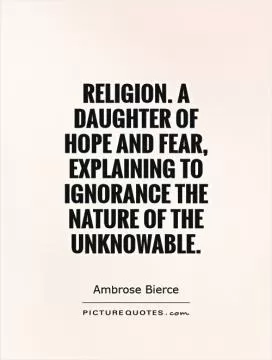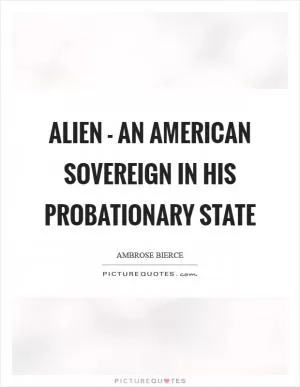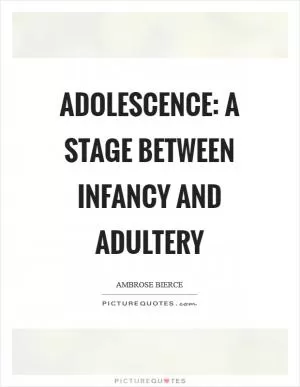Mad, adj. Affected with a high degree of intellectual independence

Mad, adj. Affected with a high degree of intellectual independence
Ambrose Bierce, a renowned American writer and satirist, was known for his sharp wit and biting commentary on society. His definition of "mad" as being affected with a high degree of intellectual independence perfectly encapsulates his own persona and writing style.Bierce was not one to conform to societal norms or expectations. He was unafraid to challenge authority and question the status quo, often using his writing to expose the hypocrisy and absurdity of the world around him. This intellectual independence set him apart from his contemporaries and earned him a reputation as a maverick in the literary world.
In his famous work, "The Devil's Dictionary," Bierce redefined common words and phrases with his own unique and often cynical twist. His definition of "mad" as being intellectually independent reflects his belief that true madness lies in blindly following the crowd and accepting the dictates of society without question. Bierce saw intellectual independence as a form of rebellion against the constraints of conventional thinking, and he celebrated those who dared to think for themselves and challenge the prevailing wisdom of their time.
Bierce's own life was marked by a sense of restlessness and a refusal to be bound by convention. He was a war veteran, a journalist, and a traveler who never shied away from controversy or confrontation. His writing was characterized by its dark humor and incisive critique of human nature, and he was unafraid to tackle taboo subjects or challenge the prevailing moral values of his day.












 Friendship Quotes
Friendship Quotes Love Quotes
Love Quotes Life Quotes
Life Quotes Funny Quotes
Funny Quotes Motivational Quotes
Motivational Quotes Inspirational Quotes
Inspirational Quotes